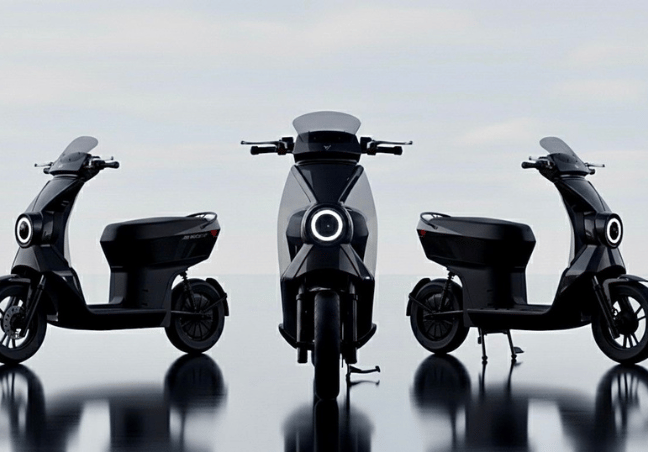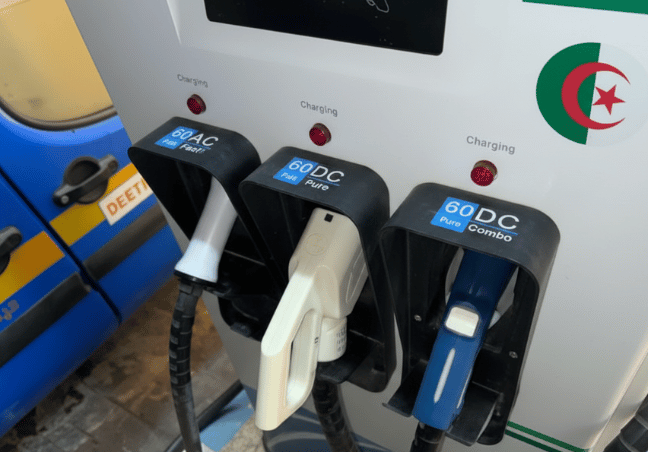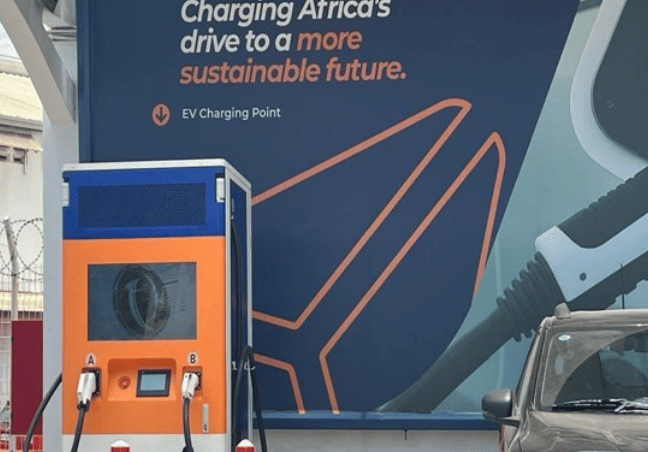- Mobility Rising
- Posts
- Pixii Motors gears up for EU exports
Pixii Motors gears up for EU exports
Dear subscriber,
Small vehicles can inspire big ambitions. The concept of manufacturing electric vehicles in Africa is still relatively new. But that’s not stopping a Tunisian electric scooter startup from wanting to brush shoulders with the world’s best.
Brian Ambani – Editor
Tunisian electric scooter manufacturer Pixii Motors is set to receive the coveted European Conformity (CE) certification, which will enable it to export its scooters to the lucrative European market. Pixii Motors co-founder and CEO Anis Fekih said in an exclusive interview with Mobility Rising that it will be the first CE certification for an electric scooter company in Africa. |
Pixii Motors has raised $800,000 in funding to date and secured a further commitment of $400,000 from investors. It is planning to raise $4 million in Q3 next year to increase its manufacturing capacity and expand into new markets.
The company sells electric scooters to both business customers for last mile delivery and private customers on a cash and lease-to-own basis. The company wants to reach $50 million in revenue in the next five years.
Our take: Access to enough capital is key for Pixii to realise its ambitions… Read more (2 min)
Algeria has reached 1,000 EV charging points, led by Sonelgaz, the country’s electricity and gas distributor. The chargers are strategically installed across fuel stations, office buildings, public hospitals, universities and municipal car parks. Sonelgaz is emerging as a regional player in charging technology, exporting more than 400 chargers to Libya and Italy last year. |
Algeria’s government is leading the rollout of EV charging, unlike most African countries where private firms do this. This could speed up national coverage but might slow innovation.
Investing in charging infrastructure ahead of an expected capacity of nearly 200,000 EVs is a strategic move, even if most vehicles are destined for export. The domestic market will still gain long-term benefits from early EV visibility.
Our take: Algeria demonstrates the value government engagement can have… Read more (2 min)
A license from the Energy Commission is now required by individuals and companies to install an electric vehicle charging or battery swapping station in Ghana. The Commission said the move will ensure the installations meet technical, safety and operational standards. It further added that companies that breach the requirement will face regulatory sanctions. |
Ghana joins countries like Ethiopia, Kenya and Rwanda in Africa that regulate EV charging. The move aims to ensure safety, reliability, consumer protection and grid stability as electric mobility expands.
The new policy comes amid concerns by investors around overregulation in many African countries. It can slow private-sector investment, especially if licensing is complex, approval timelines are long, or compliance costs are high.
Our take: Balance is needed between regulation and supporting innovation to ensure the sector grows… Read more (2 min)


Kofa’s CEO Erik Nygard (far right) visits MAX offices in Nigeria (Source: MAX)
Jobs
👷🏻♀️ Become an EV maintenance lead at Kabisa (Rwanda)
💰 Join Dodai as a Senior Accountant (Ethiopia)
💼 Apply for Front Desk Officer’s job at MAX (Nigeria)
Events
📅 Attend EV & Mobility Show in Morocco (Nov 19)
📅 Exhibit at Tanzania’s Sustainable Transport Week (Nov 24)
📅 Showcase your tech at EMAK’s open day (Dec 5)
Various
🚘 Arcfox debuts in Egypt
🚗 JéGO Technologies introduces a new EV model in Nigeria
📝 SA’s first electromobility qualification expected to roll out soon
Seen on LinkedIn
Prian Reddy, Senior Programme Manager at C40 Cities, says, “The EV transition is more than just a technology leapfrogging moment, its a paradigm shift in how we look at the intersection of energy and transport.”


